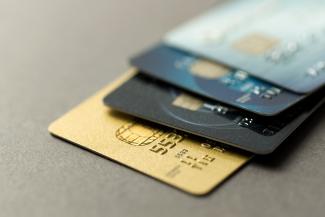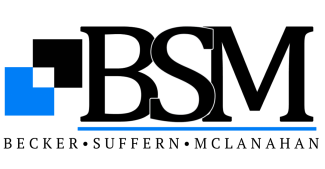
How to Keep Your Credit Card Information Safe
In the good old days thieves just went after the green. Nowadays they’re after your credit card information. Why? Because, it’s easier to steal your credit card information than your money. Each day, billions of credit card transactions with each use being a potential opportunity for a thief to abscond with an account number. But, contrary to popular belief, most credit card information thefts don’t occur through online transactions, rather through physical theft, such as retrieving receipts or bills from garbage cans or open cars. In any case, your credit card information is a top target of relentless identity thieves as evidenced by the millions of people who have theirs stolen each year. Just by taking a few extra measures in your daily activities, your credit card information can be kept safe and secure.
Shred it
These days, most credit card receipts don’t show the complete account number, but a quick glance to be sure is always prudent. If your receipt does show your complete account number it should be immediately placed in a secure location until such time that you can reconcile your bill later. At that point, both your receipts and your bills should be shredded. More people are moving towards paperless billing, so there is no need to receive a physical bill in the mail. Any document that includes your credit card account number or social security number should be shredded along with any application for credit.
Secure your mail box
Amazingly, the prime source of personal information for thieves is still the mail box. If you have an external mail box, make sure it has a secure lock, and never leave outgoing mail exposed.
Watch for skimmers
One of the fastest growing forms of credit card theft are skimmers which are devices placed on or around actual credit card scanners. These have been found at ATM machines, gas station payment kiosks, and even in restaurants and stores. They’re not always easily detected, but, in most cases, they can look out of the ordinary as compared with the standard card scanner, so it is important to give the scanner an extra look before scanning your card. It’s not always possible, but you should try to keep your credit card in sight at restaurants as some thieves have operated as servers with hand held skimmers.
Never email your credit card number
There is absolutely no reason to ever provide your credit card number in an email. Legitimate businesses or organizations never request credit card numbers through email. So, if you receive a request, either to confirm an order or an account, or to pay for something or make contribution, it is likely to be a phishing expedition. Phishing is the technique used by thieves to lure you into giving personal information in an email or over the phone. Just say no.
Lock up your cards
You should try to limit the number of credit cards you carry, keeping the others locked securely in a safe.
Shop online carefully
It’s estimated that people will be doing most of their shopping online in a few years, and, in reality, there’s not too much to worry about if you know where you’re shopping. Legitimate shopping sites use extremely secure encryption technology that makes it virtually impossible for thieves to intercept your information. In fact, online shopping could be more secure than physically carrying around a credit card. Just be sure that the sight has the encryption technology. You will want to see “https” rather than just “http” on the address bar, and there should be an “SSL” certificated insignia on the site as well. The best course is to only shop on trusted sites with which you are familiar.
Use a credit monitoring service
By taking all of these measures, you can vastly reduce the chances of having your credit card information stolen; however, there is little you can do to protect your information when it is in the hands of the credit card companies or third part payment processors. In just the last year, VISA and MasterCard have experienced security breach resulting in the possible exposure of millions of credit card customers to computer hackers.
No one yet knows the extent of the exposure and the breaches were not disclosed for months. And, on a more local level, if your credit card information has been stolen, you might only learn of it after the fact. In either case, you should consider subscribing to a credit monitoring service which, for $5 to $15 a month, can alert you to any unusual activity with your credit. Although the damage may already have been done, the sooner you realize it, the easier it is to limit the damage and begin to fix the problem.
*This content is developed from sources believed to be providing accurate information. The information provided is not written or intended as tax or legal advice and may not be relied on for purposes of avoiding any Federal tax penalties. Individuals are encouraged to seek advice from their own tax or legal counsel. Individuals involved in the estate planning process should work with an estate planning team, including their own personal legal or tax counsel. Neither the information presented nor any opinion expressed constitutes a representation by us of a specific investment or the purchase or sale of any securities. Asset allocation and diversification do not ensure a profit or protect against loss in declining markets. This material was developed and produced by Advisor Websites to provide information on a topic that may be of interest. Copyright 2021 Advisor Websites.
